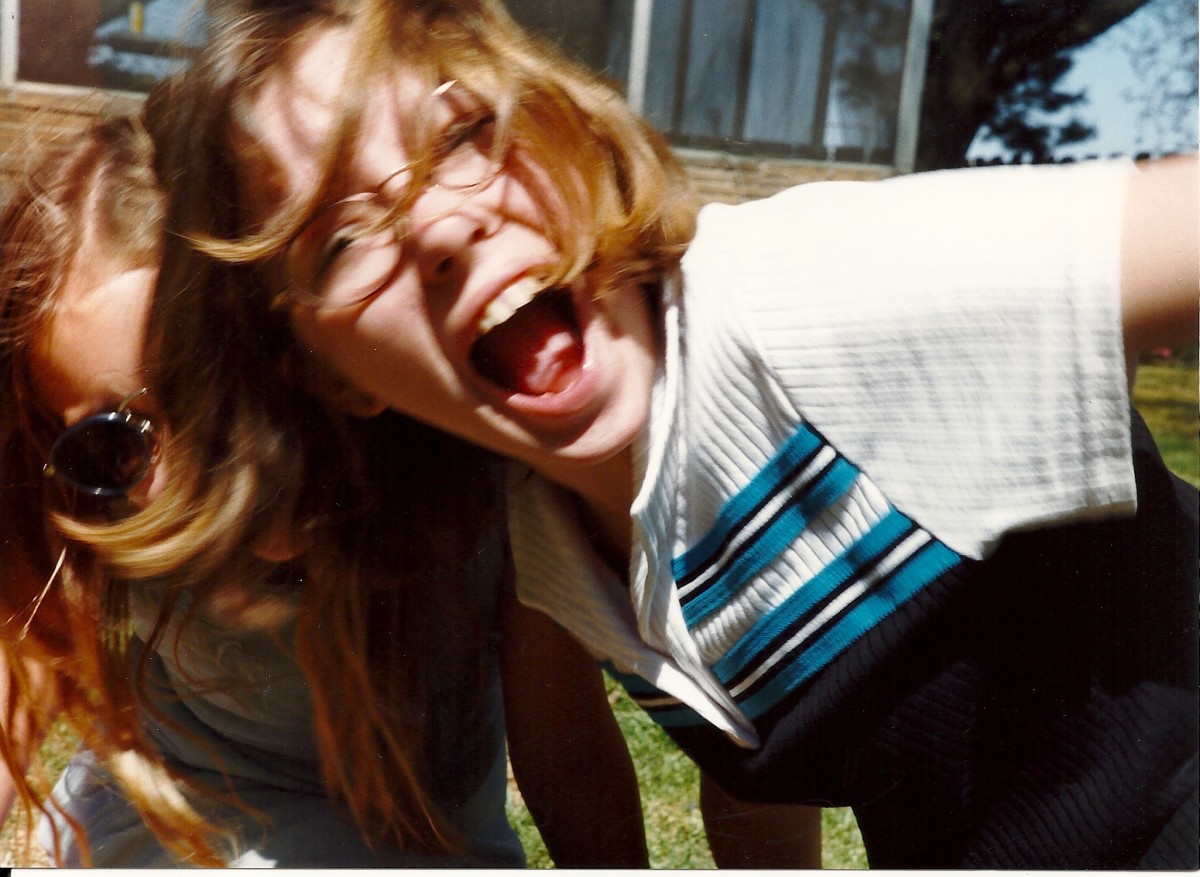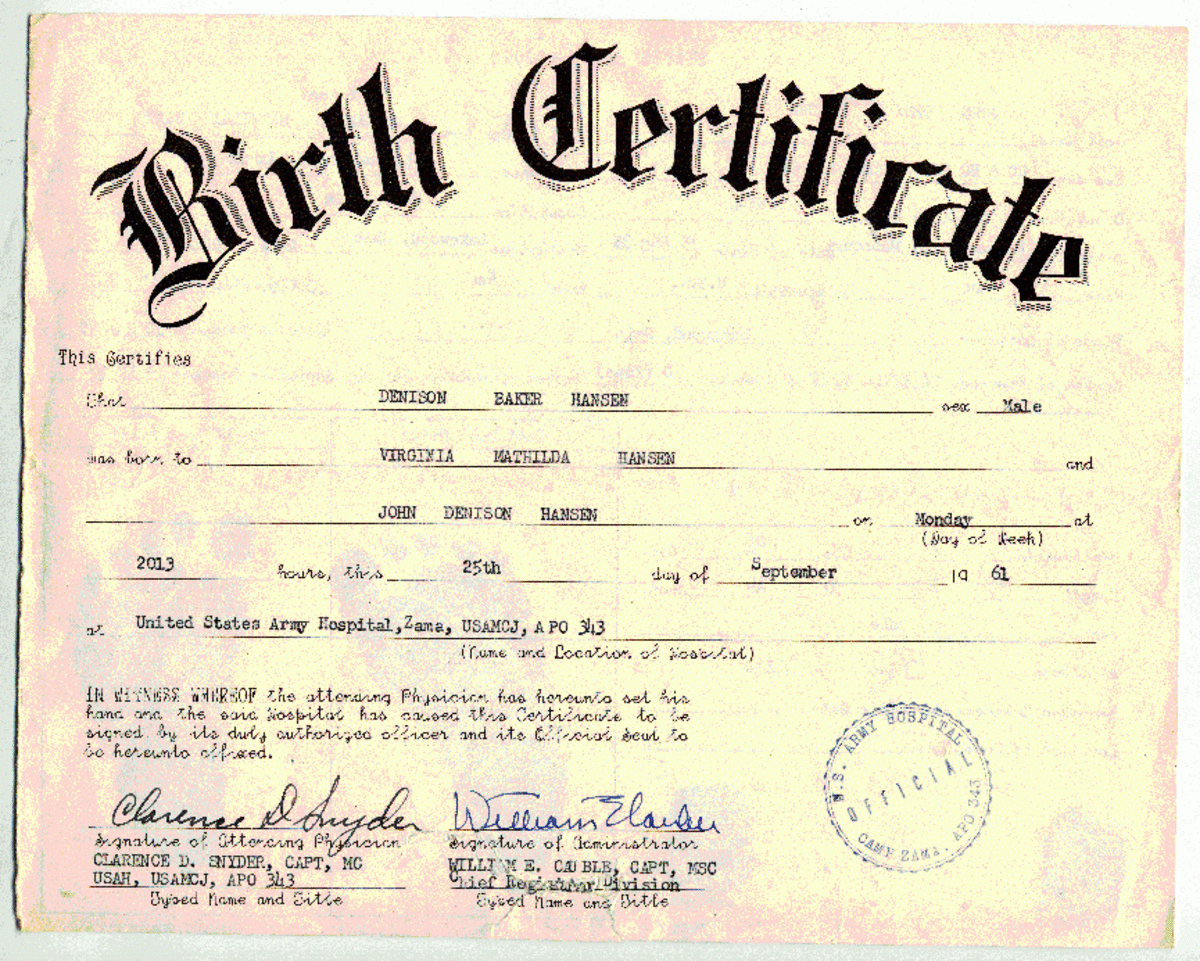Body Time vs Clock Time

Internal time management Holistic time management considers body time, not just clock time. Most people are familiar with the concept of early birds and night owls and the necessity of using your peak energy times wisely. But internal time management also considers our mind’s perception of time, not just our biological clock. Your brain stores the record of your life, and if files are missing, so are parts of your past.
Time Goes Faster
I was fascinated and also concerned by the fact that time seems to go faster as you get older. Not only that, but it seems to be increasing exponentially with time. When you’re in your seventies and you look back, it doesn’t seem like 50 years or more since you started your first job. I would like 70 years to seem more like 70 years, not 30 or 40. To do this, I had to deal with our perception of time, not clock time. With the advent of functional MRIs and all the research being done on the brain these days, it is possible to study our brain’s perception of time 9and recommend certain strategies that would influence that perception. Some of the strategies might be similar to things we recommended 35 years ago. But some of it is in conflict with what has been recommended by traditional time management experts over the years.
Why then does life still seem to go by faster the older you get? The popular explanation for this is that the brain perceives time as a rough percentage of total life lived. For a 10-year old child, one year represents 10 percent of their existence to date. That’s a long time. But to a 60-year old, one year represents less than 2 percent of their life experience to date, giving the impression of it passing much faster.
It is true, the older you get the faster life will seem to pass. But there is more to it than simply your age. Memory plays an even more important role. If you don’t recall an event, for you in didn’t exist, and there’s a chunk of time missing from your life. Perhaps the best proof is to live to a ripe old age. So far, in my early eighties, I find this to be true.
Judge The Passage of Time
Most people aren’t very good at judging the passage of time. People are now even worse at judging time than they were 10 years ago. The speed at which time seems to be passing is relative. It depends on many factors, including what you are doing, the speed at which you are doing it, the environment in which it is being done, the way in which you are doing it and so on. In this fast-paced electronic age, where speed is the new commodity, time seems to be passing faster than ever.
Enjoy Time
We have all experienced times when we thought the day would never end, and other times when we wondered where the day went! That could be because of any of the factors that I just mentioned. It could be a boring job or an exciting or fast-paced one or whatever. Even your personality could affect your judgment. If you’re a “Type A” personality with a keen sense of time urgency, waiting five minutes could seem like fifty.
I have had students in my workshops stand up, close their eyes and try to relax. Then I asked them to sit down after they thought that one minute had gone by. On the screen I had a PowerPoint slide ticking off the actual seconds. When they sat down and opened their eyes, most of them were shocked at the little time that had actually passed. Counting to themselves doesn’t seem to help because “Type A” people simply count faster.
The first people start sitting down after 29 or 30 seconds, and it ranges all the way to 70 seconds or more. But over the years, more and more people are sitting down earlier. This is in line with our ever increasing pace of life.
Parts Of Your Past Are Missing
When it comes to past events, time is all in the mind. If you don’t remember something, for you, it didn’t exist. And if there are chunks of your life that you don’t remember, then of course time will have seemed to have passed very quickly. So internal time management, as I call it, which is included in the holistic approach, involves forming memories and keeping them intact. And the same strategies that help you form and recall lasting memories happen to be the same ones that you would consider when taking a holistic approach to time management. They will take you from being merely organized to flourishing in your job and life.
In most cases they involve a change in the way you work and live. A fast-paced, multitasking life where you are constantly checking email and jumping from job to job is not conducive to forming long term memories. Neither is it healthy or productive. You have to control technology and be in more control of your life.





